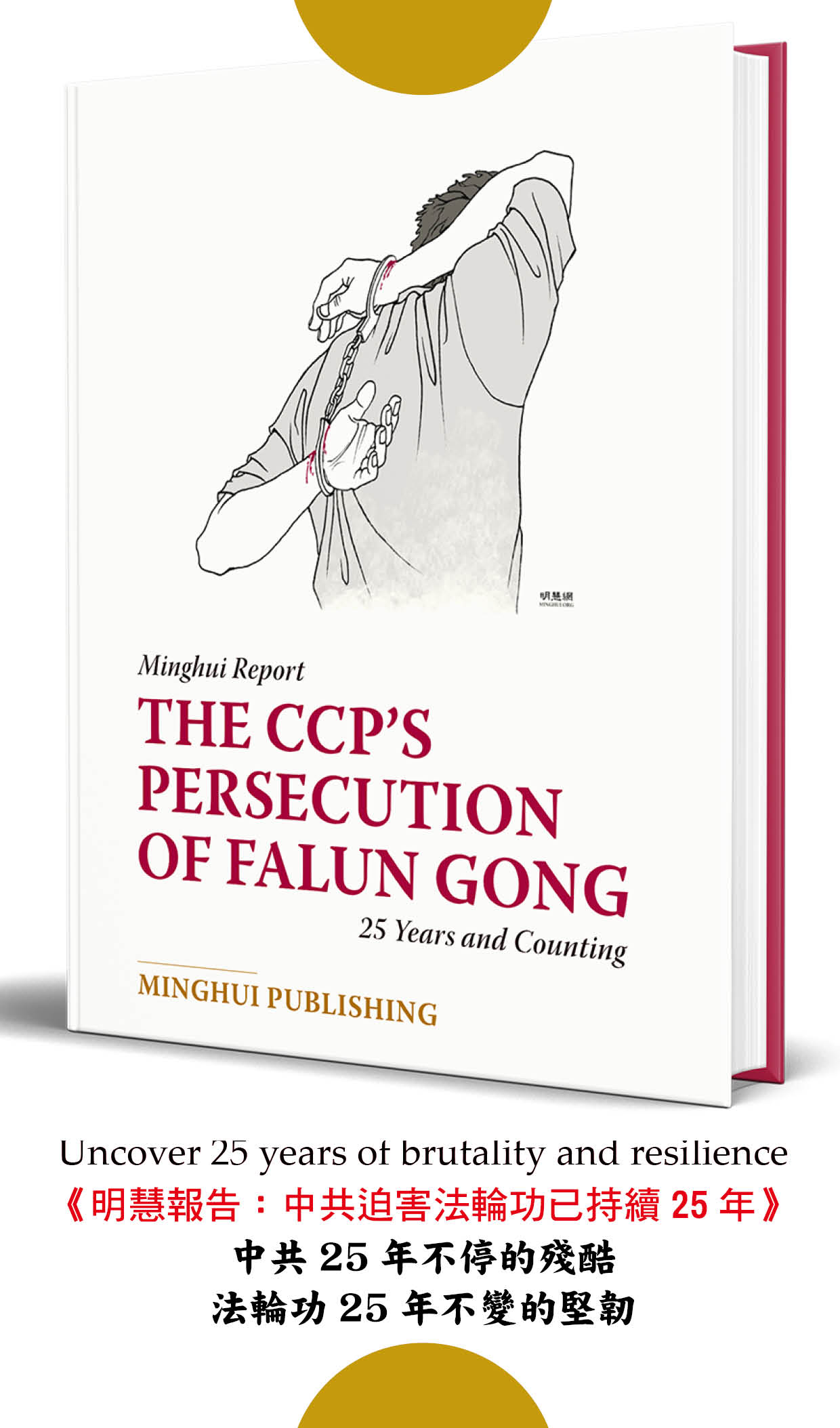日內瓦:人權團體對聯合國關於中國的決定表示悲哀
——RIGHTS GROUP DEPLORES U.N. CHINA MOVE
[日內瓦,2000年4月18日]「人權觀察」今天對聯合國人權委員會作出不考慮譴責中國人權表現的議案之決定表示強烈的悲哀。
"Today's decision represents a sorry failure of political will," said Joanna Weschler, U.N. Representative of Human Rights Watch. "By turning a blind eye to China's worsening human rights record, the delegations in Geneva have given the wrong signal to Beijing's leaders."
「今天的決定代表著一個令人遺憾的政治意願的失敗,」「人權觀察」的聯合國代表喬安娜.維斯切娜說,「對中國不斷惡化的人權記錄視若罔聞,這是日內瓦的聯合國代表們打給中國領導人的一個錯誤信號。」
The procedural "no-action motion" was adopted by a vote of 22 to 18, with 12 abstentions; Romania was absent. Weschler criticized governments of the European Union, Australia, Canada and Japan, which had professed concern about the human rights situation in China, but declined to co-sponsor the resolution with the United States or to lobby vigorously against the no-action motion.
程序上的「不採取行動」由22票贊成、18票反對、12票棄權而被採納;其中羅馬尼亞缺席。維斯切娜批評歐盟、澳大尼亞、加拿大和日本政府,他們都坦承了對中國人權狀況的關注,但卻拒絕聯署美國的該項決議案,並不積極遊說反對「不採取行動」的動議。
Weschler said the U.S. deserved credit for putting forward the resolution, and for announcing its decision early this year so that momentum could be gathered. But she criticized the apparent lack of high-level White House involvement -- including by President Clinton himself-- in the lobbying effort.
維斯切娜說美國提呈該項決議案,並為推動該項議案在年初就宣布了此項決定,值得稱道。但她批評明顯缺少白宮高層包括克林頓總統參與遊說的努力。
"The credibility of the U.N. Commission has been seriously damaged by its unwillingness to censure China, or even to discuss its rights performance," said Weschler. "What incentive will Beijing now have to go beyond dialogues and legal exchanges to make serious improvements in its human rights practices?"
「聯合國人權委員會的可信賴度因不願譴責中國甚至不願討論它的人權現狀而受到了嚴重的損害,」維斯切娜說,「現在北京有何動機而不得不進行對話與合法交易以認真改善它的人權現狀?」
In 1999, a China resolution sponsored by the U.S. and Poland was blocked by a no-action motion, adopted 22 to 17 with 14 abstentions. However, in 1995, a critical resolution on China did come up for debate in Geneva, and lost by only one vote. That year, the European Union and the U.S. both cosponsored the measure, and coordinated a high level campaign on its behalf to counter China's worldwide lobbying to defeat it.
在1999年,美國和波蘭提呈的關於中國的決議案被「不採取行動」的動議阻擋,當時22票贊成、17票反對、14票棄權。然而,1995年,一個批評中國的決議案的確在日內瓦(成功地突破了「不採取行動」的動議)得到辯論,最後以一票之差未能通過,那年,歐盟和美國聯署了議案,並且為擊敗中國在世界上的遊說而協調進行了高層的遊說活動。



















